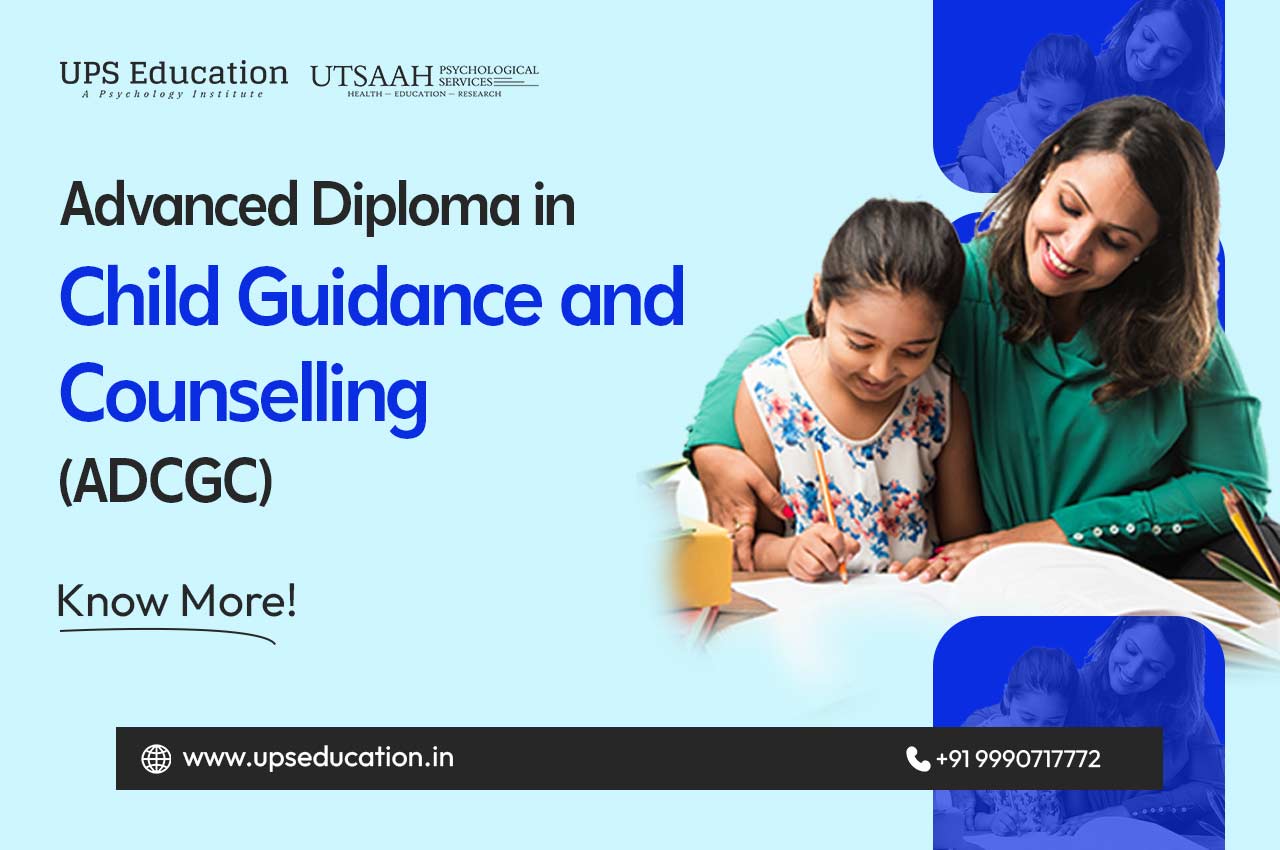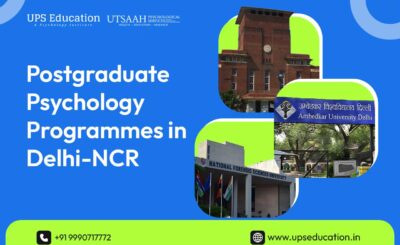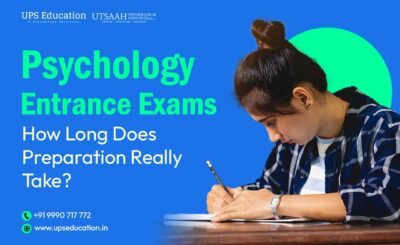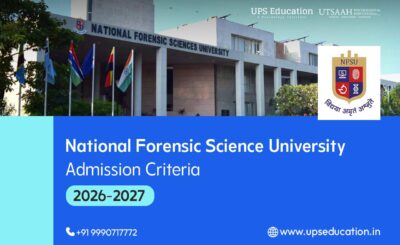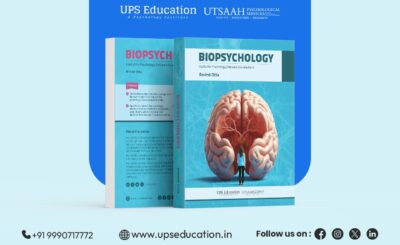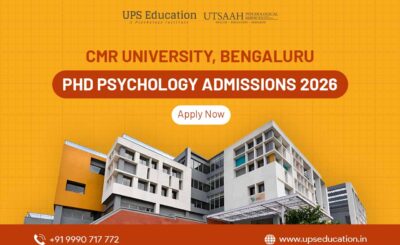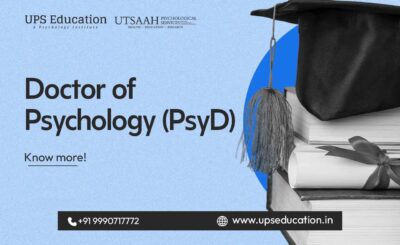The Advanced Diploma in Child Guidance and Counselling (ADCGC) program has a unique place in India’s mental health landscape because it fills up the gap that mainstream psychology degrees often don’t: specialized, child-focused counselling training. Children and adolescents experience emotional, behavioural, developmental, and family-related challenges that require counsellors who understand their world — their environment, rights, developmental stages, and psychosocial realities. A general psychology background isn’t always enough, and that’s where the ADCGC-trained professionals come in.
Since the program is recognized by the Rehabilitation Council of India (RCI), its graduates are not only well-trained but also legally recognized mental health professionals, which significantly strengthens their credibility and access to formal employment. The emphasis on both rigorous theory and hands-on training ensures that learners graduate with practical competence rather than just academic knowledge.
What is ADCGC Program
The Advanced Diploma in Child Guidance & Counselling (ADCGC) is a specialized one-year, full-time professional course designed for individuals who want to work closely with children and adolescents in mental health, developmental, and educational settings. Rather than functioning like a short workshop or a generic counselling certificate, ADCGC is an RCI-recognized diploma, which means graduates are trained under national rehabilitation standards and become eligible for professional licensure.
At its core, the program was created to build a skilled workforce capable of understanding and supporting children across different environments — schools, child-care institutions, hospitals, NGOs, community settings, and rehabilitation centers. This is especially important in India, where child and adolescent mental health concerns are rising, but the number of trained professionals remains limited.
Simply put, ADCGC prepares learners to work as competent, ethical, and practically trained child counsellors who understand development, mental health, family systems, and behavioural concerns through both classroom learning and hands-on field practice.
ALSO READ: RCI Recognized Institutions offering MPhil in Clinical Psychology after 2025
Duration & Course Structure of ADCGC Program
- Duration (1 Year, Intensive Program): Institutes structure the ADCGC as a one-year full-time program, usually divided into two semesters. They balance the short duration with a rigorous timetable that combines theory classes, skill-building workshops, and supervised practical training.
- Mode of Study (Full-Time Only): Most institutions offer ADCGC strictly as a regular, full-time program. Since the course is an RCI-recognised professional training program, institutes do not permit distance or online modes because trainees must build hands-on counselling and field skills.
- Course Structure (Theory + Practicum Blend): The curriculum blends classroom-based learning with applied training, including modules on child development, guidance methods, counselling techniques, assessment, behavioural management, ethics, and family-centred intervention models.
- Field Work & Internship (Essential Practical Component): Nearly all ADCGC programs include mandatory fieldwork or internships, where trainees work in real settings such as schools, child guidance clinics, community centers, hospitals, child-care institutions, or NGOs. Students receive supervision from trained professionals to develop practical counselling skills.
Eligibility Criteria for ADCGC Program
The eligibility requirements for the Advanced Diploma in Child Guidance & Counselling (ADCGC) vary slightly across institutions, but most follow a common framework based on RCI’s guidelines & norms. Here is the detailed eligibility criteria for the ADCGC program:
- Master’s Degree Route (Most Common Path): Candidates with an MA/MSc in Psychology or a Master’s degree in Social Work, Child Development, Human Development, Education, Special Education, Nursing, Community Resource Management, or Development Communication & Extension from a recognized university are eligible to apply.
- Bachelor’s Degree + Work Experience Route: Some institutions (such as NIPCCD centers) also accept candidates with a Bachelor’s degree in Psychology, Social Work, Child Development, Human Development, Special Education, Nursing, or related fields, provided they have at least 5 years of documented experience working with children in educational, clinical, or community settings.
- B.Ed Route: Applicants with a B.Ed degree from a recognized university may also be eligible if they have a minimum of 4 years of experience working with children or school systems.
- English Requirement: Many institutes require candidates to have studied English (Core/Elective/Functional) at the 10+2 level or above, since the course involves extensive report writing, assessments, and counselling documentation.
- Minimum Marks Requirement: If the degree-awarding university does not specify marks criteria, institutes typically consider the aggregate percentage across all subjects to determine the 50% eligibility benchmark.
- Institute-Specific Variations: Some centers (like NIPCCD Guwahati) may allow flexibility for candidates with relevant field experience, even if they come from allied disciplines. Because of these variations, applicants should always refer to the specific admission brochure of the institute they are applying to.
ALSO READ: Doctor of Psychology (PsyD) | UPS Education
RCI-Approved Institutions Offering ADCGC Program
Below is the official list of institutions approved by the Rehabilitation Council of India (RCI) to offer the Advanced Diploma in Child Guidance & Counselling (ADCGC), along with their current validity status:
| Institution Name & Address | Validity (RCI Approval) |
|---|---|
| National Institute of Public Cooperation and Child Development (NIPCCD), Regional Centre Guwahati, Assam – 781001 | 2029–30 |
| Department of Psychology, Jamia Millia Islamia, New Delhi | 2031–32 |
| National Institute of Public Cooperation and Child Development, Hauz Khas, New Delhi | 2029–30 |
| Central University of Haryana, Department of Psychology, Mahendergarh, Haryana | 2027–28 |
| Guru Jambheshwar University Of Science And Technology, Department of Applied Psychology, NH-9, Delhi Road, Hisar, Haryana – 125001 | 2027-28 |
| NIPCCD Regional Centre, Bengaluru | 2031–32 |
| NIPCCD Regional Centre, Indore, Bada Bangarda Hathod Road, Gomat Giri, Indore, Madhya Pradesh – 452005 | 2027-28 |
| NIPCCD Regional Centre Mohali, Mohali, Punjab – 140308 | 2031–32 |
| Jai Narain Vyas University, Department of Psychology, Jodhpur, Rajasthan | 2027–28 |
| MJRP College of Education, Mahatma Jyoti Rao Phoole University, Jaipur | 2025–26 |
| OPJS University, Churu, Rajasthan | 2026–27 |
| M.B.M. University, Jodhpur, Rajasthan | 2029–30 |
| Amity University, Noida | 2030–31 |
| Amity University, Greater Noida | 2027–28 |
| NIPCCD Regional Centre Lucknow | 2031–32 |
Career & Scope After ADCGC Program
Graduates of the ADCGC program can build meaningful careers in diverse child and adolescent mental health settings, such as:
- Schools and Educational Systems
- Work as child counsellors, school mental health professionals, or part of inclusive education teams.
- Support emotional, behavioral, and academic concerns across age groups.
- Child-Care & Welfare Institutions
- Roles in NGOs, observation homes, orphanages, child protection units, and child welfare committees.
- Provide counselling, developmental assessments, and psychosocial support.
- Rehabilitation Centers & Special Needs Services
- Work with children dealing with developmental delays, disabilities, behavioral challenges, or trauma.
- Provide therapeutic interventions under the RCI framework.
- Government & Non-Government Agencies
- Positions in ministries, child development programs, community outreach setups, ICDS (Integrated Child Development Services) systems, and family counselling services.
- Contribute to policy-oriented and field-level child development work.
- Private Practice
- Provide counselling and early interventions for children, adolescents, and families.
- Can collaborate with paediatricians, psychiatrists, and schools.
Holding an RCI license gives graduates legal recognition as rehabilitation professionals, significantly enhancing credibility, employability, and the scope of independent practice.
Conclusion
ADCGC is an excellent course for anyone passionate about working with children, adolescents, and family systems in a mental health or guidance role. Because it’s RCI-recognized, it offers not just skills but a credible professional license.
If your goal is to counsel children, work in developmental settings, or be part of mental health programs for younger populations, this course is highly relevant. But, like any professional program, it’s important to research the institute, curriculum, and post-diploma career thoroughly.
